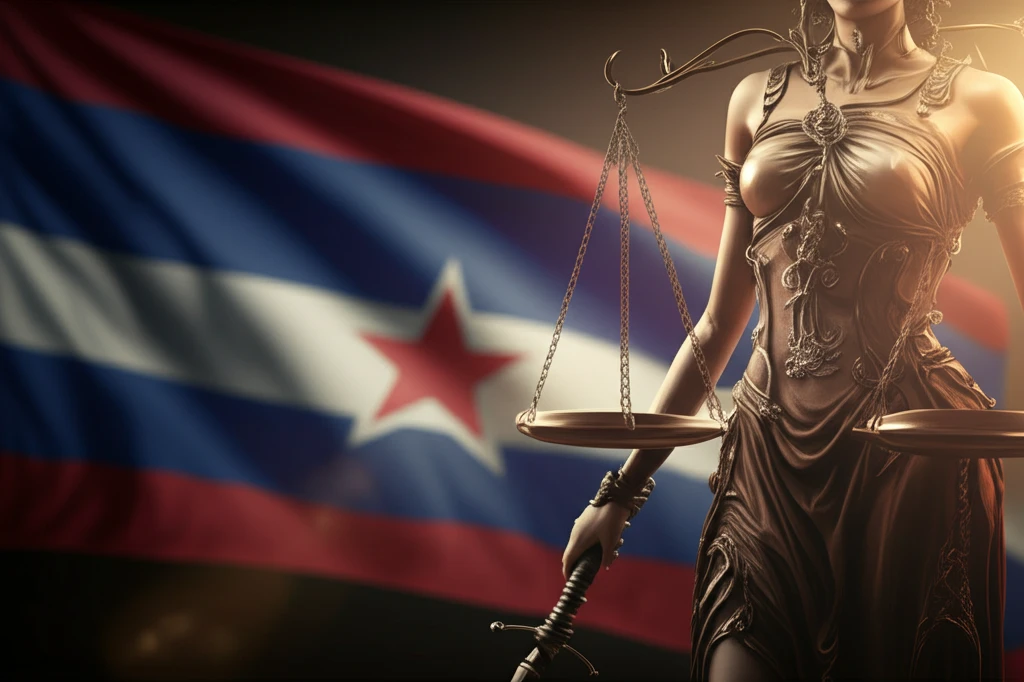
Your Rights as a Citizen: Navigating the Legal Landscape
"Understanding citizenship rights is more important than ever. Learn how these rights are protected under the law and what they mean for you."
In an ever-changing world, the concept of citizenship carries immense weight. Citizenship rights, often discussed in legal and political circles, are the bedrock of individual freedoms and protections within a society. These rights dictate the relationship between a citizen and their government, ensuring that human dignity is preserved across judicial, political, and social arenas.
Citizenship rights aren't static; they evolve with societal progress, technological advancements, and shifts in political ideologies. As governments adapt to emerging challenges, understanding the nuances of these rights becomes crucial for every individual. This understanding empowers citizens to engage actively in shaping their communities and holding authorities accountable.
This article serves as a comprehensive guide to citizenship rights, exploring their origins, legal frameworks, and practical implications. We'll delve into the critical aspects of these rights, examining how they are safeguarded and how you can exercise them effectively. We aim to demystify complex legal concepts, making them accessible and relevant to your everyday life.
What Exactly Are Citizenship Rights?

Citizenship rights encompass a wide array of legal provisions designed to safeguard an individual's inherent dignity and freedoms. These rights are not uniform across the globe; they vary based on cultural, social, and political ideologies. In some societies, the emphasis is primarily on political and social dimensions, highlighting nationality and voting rights. However, there is a universal understanding that citizenship rights aim to protect human personality and dignity in every facet of life.
- Privacy: The right to personal space and confidentiality.
- Freedom of Speech: The right to express opinions without fear of reprisal.
- Environment Protection: The right to a safe and healthy environment.
- Due Process: The right to fair treatment under the law.
Your Role in Protecting Citizenship Rights
Understanding and asserting citizenship rights is not just a legal obligation; it's a civic duty. By staying informed, participating in community affairs, and holding authorities accountable, every citizen can contribute to strengthening the fabric of their society. Protecting these rights ensures a more just and equitable world for everyone.
